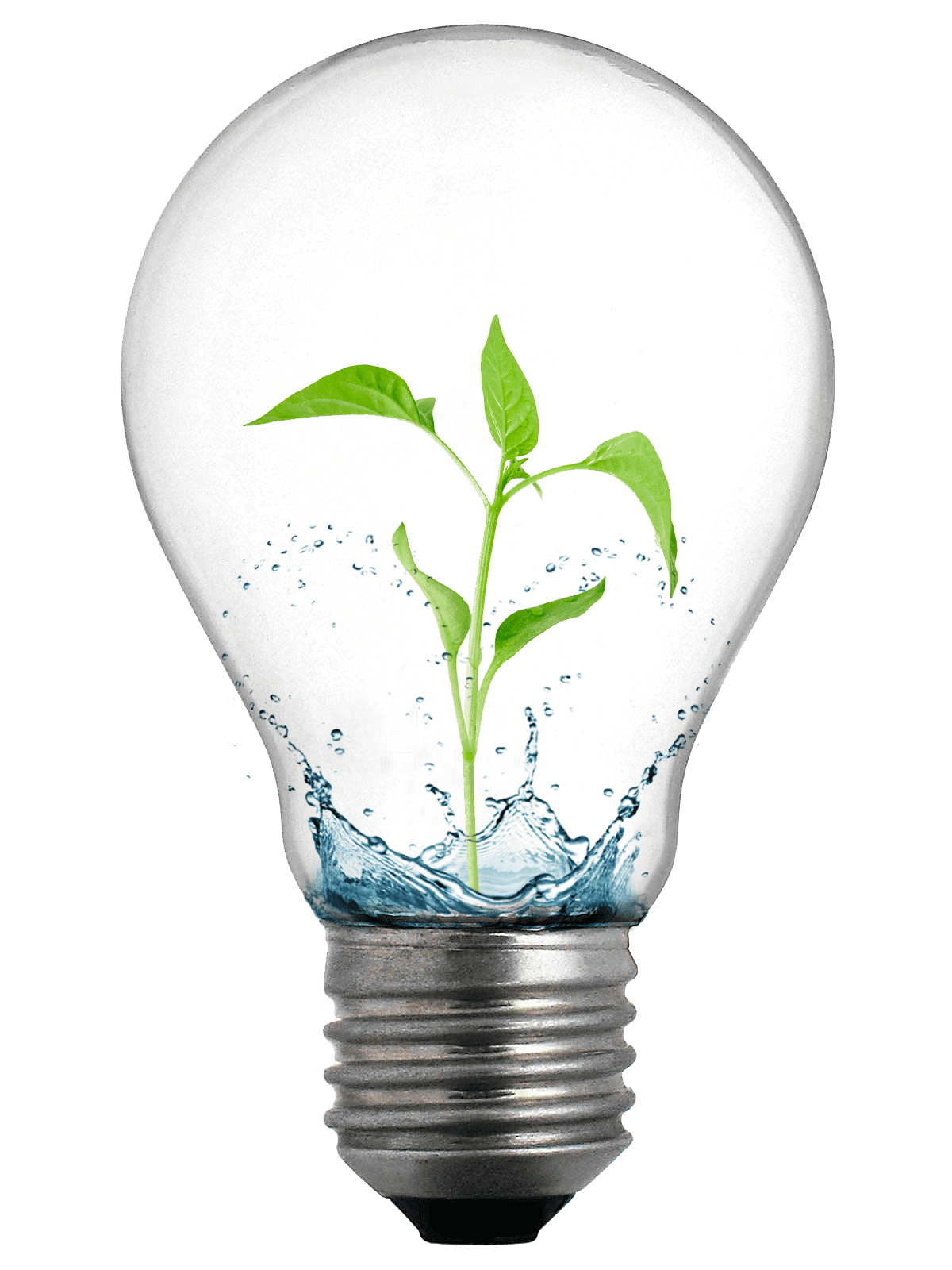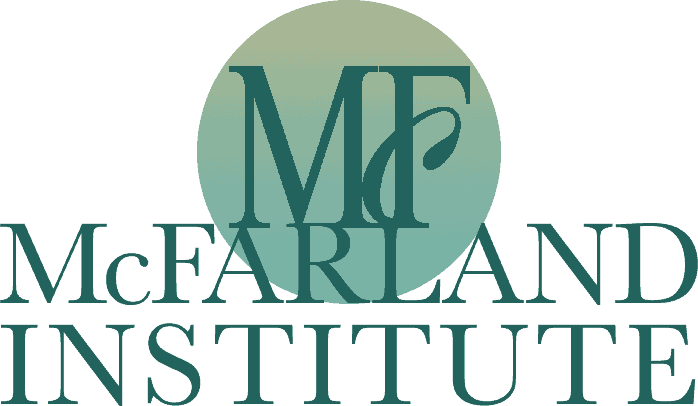About The McFarland Institute
The McFarland Institute is dedicated to increasing the effective use of health and human service knowledge and resources to strengthen families and empower individuals to achieve their full human potential.
The McFarland Institute, a 501C3 nonprofit organization, provides a range of expert services to practitioners in the health, education, social welfare, and criminal justice fields to improve their ability to develop and apply effective solutions to critical problems faced by individuals, families, and communities.

At the same time, the McFarland Institute works with national, regional, and community-based organizations to improve and increase institutional capacity. The Institute personnel often serve as facilitators bringing personnel from public agencies and community organizations together with practitioners to develop innovative and cost-effective programs and services. To achieve these objectives, professional staff at the McFarland Institute call upon extensive hands-on experience in developing and delivering impressive institution-building skills, and a talent for using technology to design and manage problems.
All health and human service providers face similar challenges. Successfully accessing needs, designing responsive services, securing needed support and funding, managing programs, and evaluating results all involve making complex and sometimes difficult decisions. In the increasingly fast-paced human services field, identifying, collecting, analyzing, and disseminating critical information is key to making the most informed and effective choices. Consequently, information technology has become an indispensable tool to practitioners, managers, researchers, educators, and policymakers.
The McFarland Institute specializes in using state of the art information technology both as a communications tool to meet the needs of health and human service practitioners and as a mechanism to help organizations build competence and capacity in the following areas:
- strategic planning
- research and needs assessment
- best practice model development and dissemination training
- program development, application, and evaluation
- technical assistance and training
- information technology services
- professional staff development and
- nonprofit board development and fundraising
Special Constituencies
Underserved families and children
Substance abusers
Mental health services consumers
Universities
The McFarland Institute makes contributions to other direct service providers.


